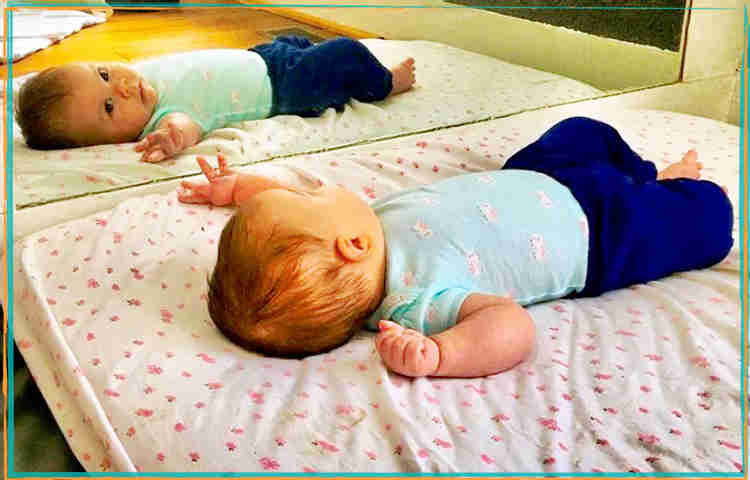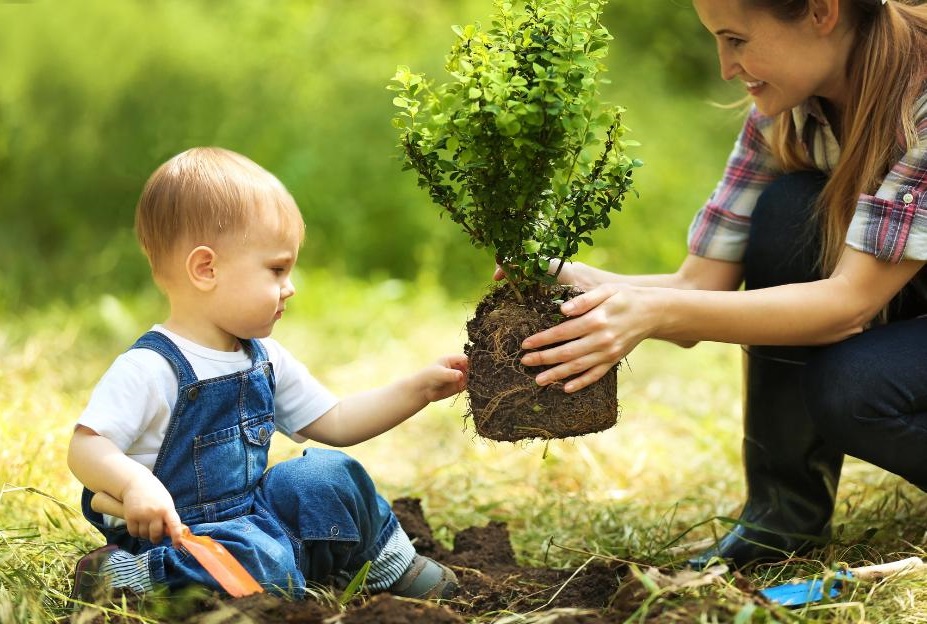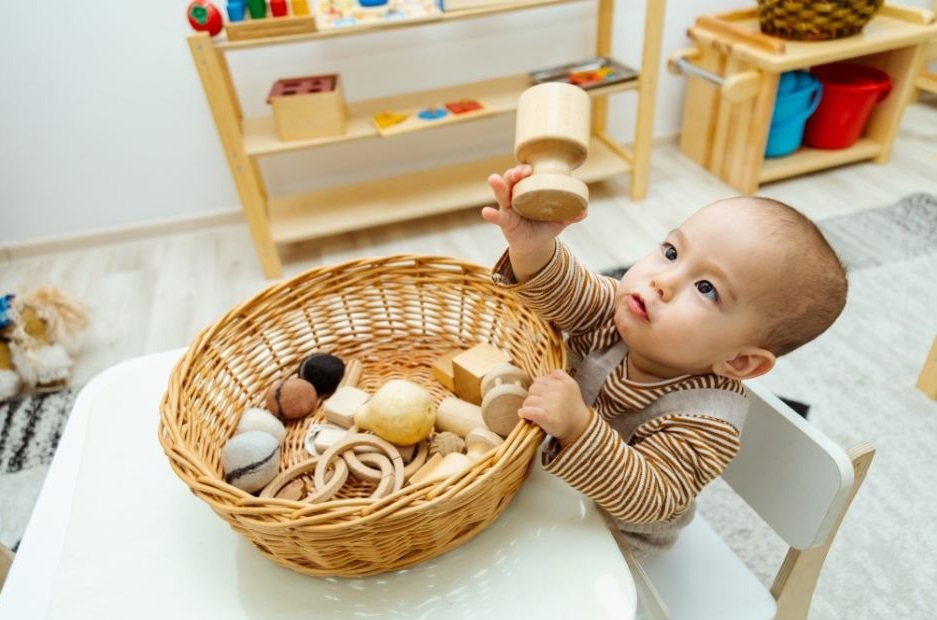Montessori philosophy is a reality-based educational approach that aids children in preparation for life and encompasses growth of the whole child—mind, body, and spirit. The philosophy respects that children have an intrinsic motivation to learn, an absorbent mind from birth, and sensitive periods for physical and cognitive development. In a prepared environment, guided by practicing freedom within limits, children are provided the opportunity to learn through hands-on materials that are setup through observation and following the child. There is value on the connection to nature and peace education as well.
Explore the fundamentals of Montessori parenting with this free video by Sylvia Arotin, offering insights and strategies to empower and educate your child.
Respecting the childis one of the core values of the Montessori philosophy. Children should be viewed as capable, unique individuals from the start and should not be treated as lesser just because they are younger. Adults should see them as their equals, have consideration for their needs and desires, and value their input. The foundation of Montessori philosophy is based on independence, coordination, concentration, and order.
Independence

Children should be given the opportunity to do tasks and activities on their own. This leads to gaining self-confidence that will build the foundation for their lifetime. Independence does not mean alone, instead, meeting the child where they are in terms of development and helping them reach the next step will set them up for success. For example, if a child is in the beginning stages of learning how to put velcro shoes on, the caregiver can unlatch the velcro and lift the tongue of the shoe so that the child can slide it on with ease independently, instead of the alternatives of either the caregiver putting the shoe on for the child or the child struggling through the whole process. “Help me to do it myself.”
Coordination
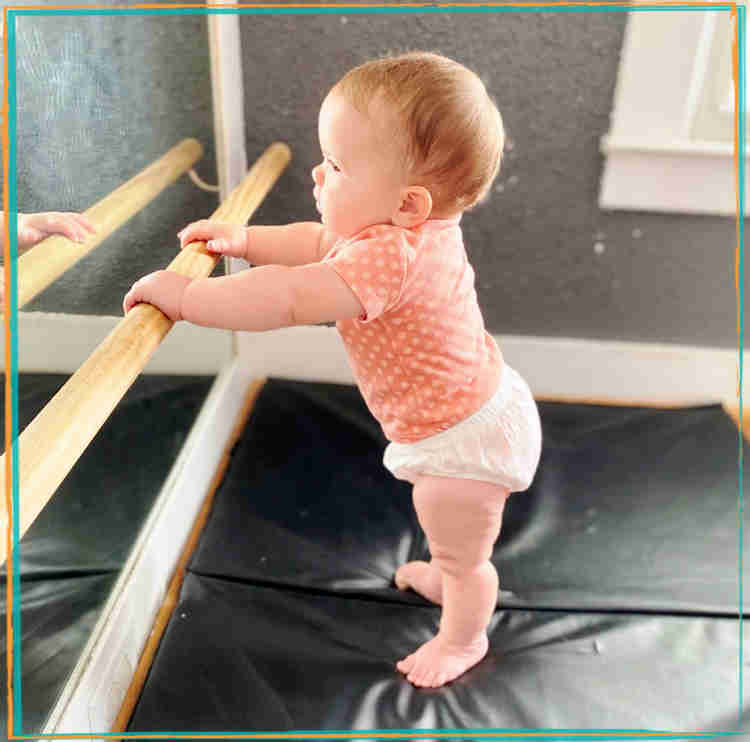
Adults should offer support and an environment conducive to the development of gross motor and fine motor skills. This starts with the movement of the whole body and works toward smaller, more refined movements.
Concentration
To build skills in lifelong learning, children should experience moments that allow for concentration to develop. This can be achieved by not interrupting them while they are focusing, allowing repetition, and offering materials of high interest.
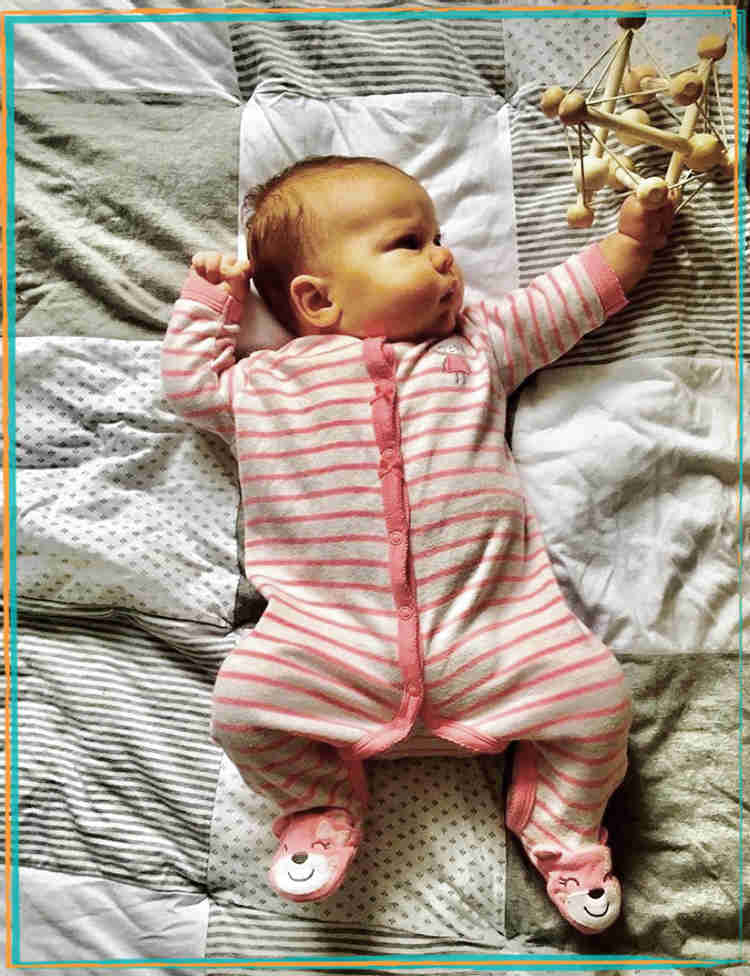
Order
Children have an inherent need for and love of order. When the routine is predictable and the environment is familiar and arranged methodically, it allows the child to feel safe and secure and helps the child to make sense of the world around them.
Materials in a Montessori environment can aid in the development of these foundational aspects; however, they should only be treated as tools. It is possible to “do Montessori” at home without having an expertly prepared shelf. Including your child in daily activities and allowing them to participate when it is safe to do so, will instil the core Montessori values and contribute to lifelong learning.
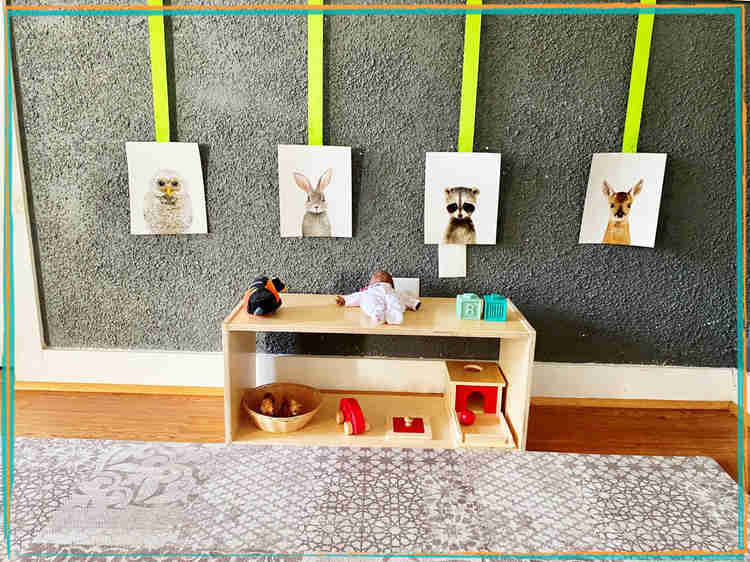
Be sure to join us on our Facebook group Montessori at home (0-3yrs).

A huge thank you to Kara Rones from momtessori101. to keep up to date with what Kara is up to, follow her lovely Instagram page!
